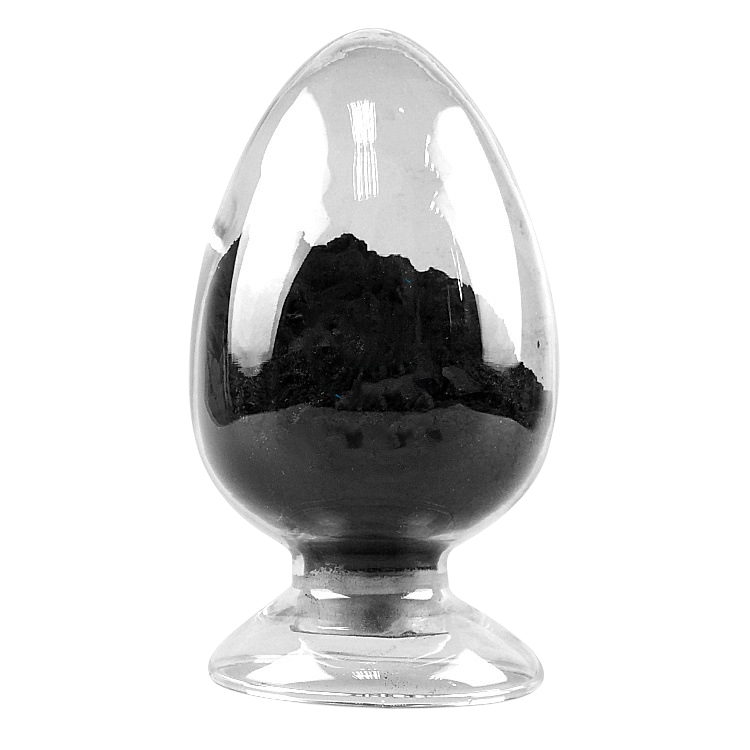Overview of Carbon Coated Copper Powder
2024-04-12
Carbon-coated copper powder is a composite material consisting of copper particles coated with a thin layer of carbon. This composite material combines the electrical and thermal conductivity of copper with the unique properties of carbon, offering a range of applications across various industries. Here's an overview of its characteristics and applications:
1. Conductivity: Copper is known for its excellent electrical and thermal conductivity, making it a highly desirable material for applications requiring efficient heat and electricity transfer. The carbon coating on copper particles enhances these properties by providing additional electrical conductivity and reducing contact resistance between particles.
2. Corrosion Resistance: The carbon coating acts as a protective barrier, shielding the underlying copper particles from oxidation and corrosion. This enhances the durability and longevity of the composite material, making it suitable for use in corrosive environments or applications exposed to moisture and chemicals.
3. Mechanical Properties: The addition of carbon coating can also improve the mechanical properties of copper particles, such as hardness, wear resistance, and dimensional stability. This makes carbon-coated copper powder suitable for use in structural components, bearings, and friction materials.
4. Electrochemical Applications: Carbon-coated copper powder is used in electrochemical applications such as batteries, fuel cells, and supercapacitors. The combination of copper's conductivity and carbon's electrochemical properties enhances the performance and efficiency of these devices, contributing to improved energy storage and conversion.
5. Electromagnetic Interference (EMI) Shielding: The conductivity of copper combined with the shielding properties of carbon makes carbon-coated copper powder an effective material for EMI shielding applications. It is used in electronic enclosures, cables, and printed circuit boards (PCBs) to protect sensitive electronic devices from electromagnetic interference and radiofrequency interference.
6. Additive Manufacturing: Carbon-coated copper powder is utilized in additive manufacturing processes such as selective laser sintering (SLS) and binder jetting to produce complex metal parts with enhanced conductivity and mechanical properties. It is used in applications ranging from aerospace and automotive components to electronics and consumer goods.
7. Thermal Management: The high thermal conductivity of copper combined with the carbon coating's heat dissipation properties makes carbon-coated copper powder suitable for thermal management applications. It is used in heat sinks, thermal interface materials, and electronic packaging to efficiently dissipate heat and maintain optimal operating temperatures in electronic devices.
Overall, carbon-coated copper powder offers a versatile and high-performance material solution for a wide range of applications requiring enhanced conductivity, corrosion resistance, and mechanical properties. Its unique combination of copper and carbon properties makes it valuable in industries such as electronics, energy storage, aerospace, automotive, and additive manufacturing.



